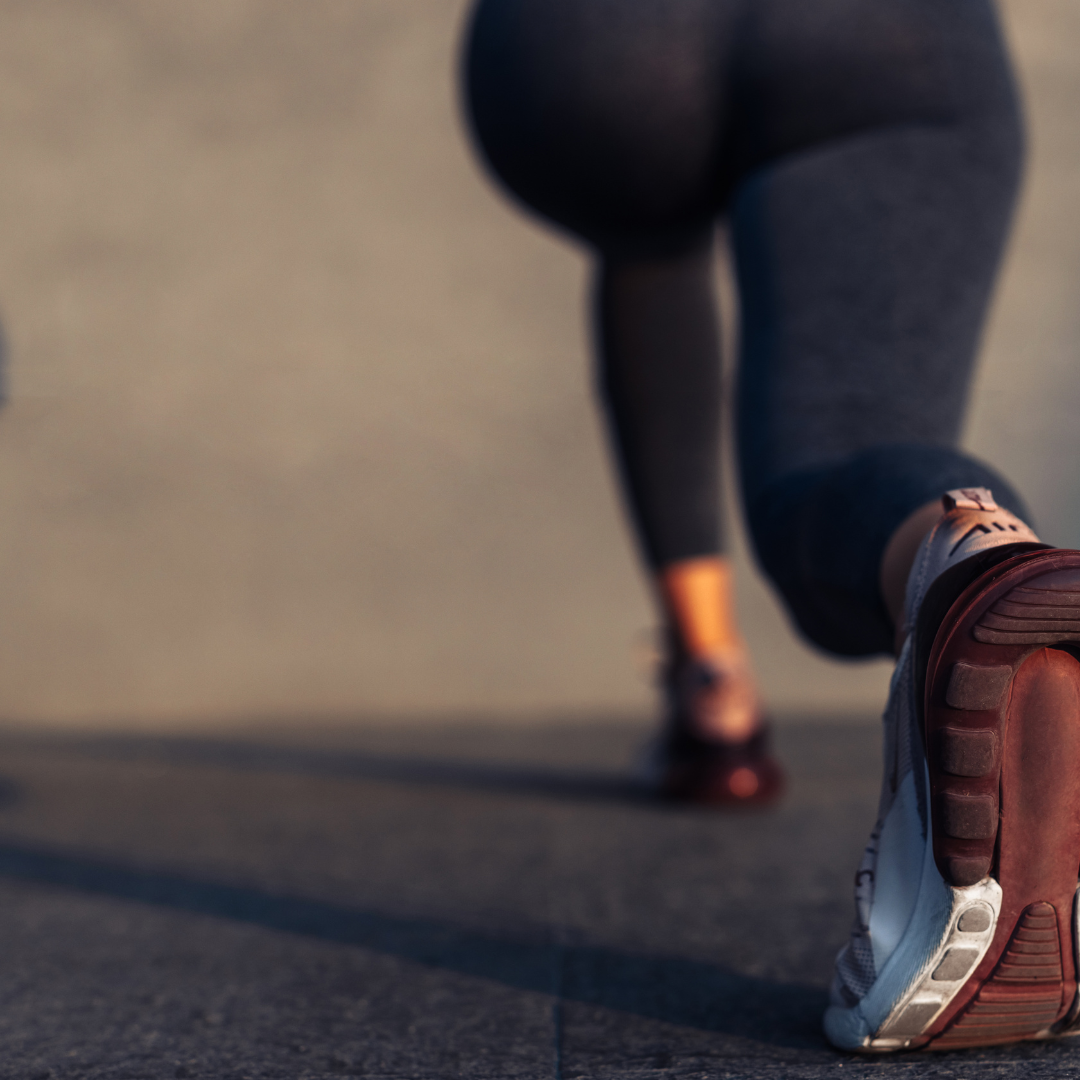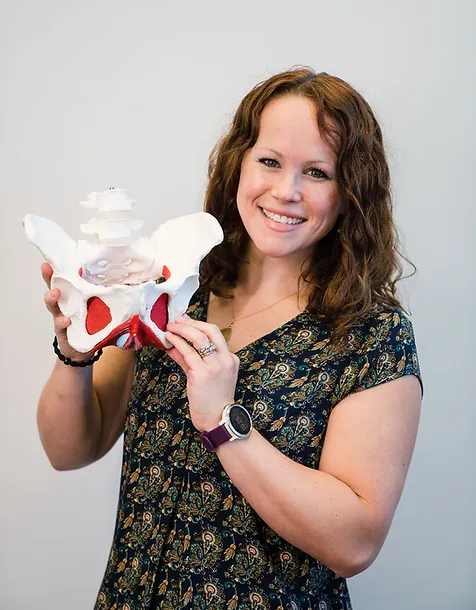When individuals consider how to improve the functionality of the pelvic floor, there’s one component that’s often missed – the strength of their glute muscles.
This is because strong glute muscles play a crucial role in supporting the pelvic floor. The gluteal muscles, which include the gluteus maximus, gluteus medius, and gluteus minimus, are the largest and most powerful muscles in the buttocks region.
Here’s why they are so important:
Pelvic stability: The gluteal muscles help stabilize the pelvis by providing support and maintaining proper alignment. They work in conjunction with the pelvic floor muscles to maintain pelvic stability during various activities such as walking, running, and lifting. When the glute muscles are strong and activated, they assist in balancing the forces placed on the pelvis, reducing excessive strain on the pelvic floor.
Posture and alignment: Strong glute muscles contribute to good posture and proper alignment of the pelvis. They help counterbalance the forward tilt of the pelvis that can occur due to weak abdominal muscles or prolonged sitting. Correcting pelvic alignment can alleviate undue stress on the pelvic floor muscles, promoting optimal function and reducing the risk of pelvic floor dysfunction.
Transferring forces: The glute muscles work in synergy with the core muscles to transfer forces between the upper and lower body. During activities that involve movements like lifting, jumping, or even coughing or sneezing, the glutes engage to stabilize the pelvis and assist in distributing the load across the pelvic floor. This reduces the direct pressure on the pelvic floor muscles, allowing them to function more efficiently.
Pelvic floor muscle activation: Research suggests that activating the glute muscles can facilitate the activation of the pelvic floor muscles. When the glute muscles contract and engage properly, it helps enhance the coordination and recruitment of the pelvic floor muscles. This coordinated activity between the glutes and pelvic floor can improve overall pelvic floor function and support.
It’s important to note that while strong glute muscles are beneficial for pelvic floor support, it’s equally important to maintain a balanced approach to exercise and fitness. Incorporating a variety of exercises that target the glutes, core, and overall body strength can help maintain optimal pelvic floor health.
If you have specific concerns about your pelvic floor or gluteal muscle strength, we’d love to help! Contact us today to get started on a program that’s right for you: https://empoweredwellnesspt.com/


